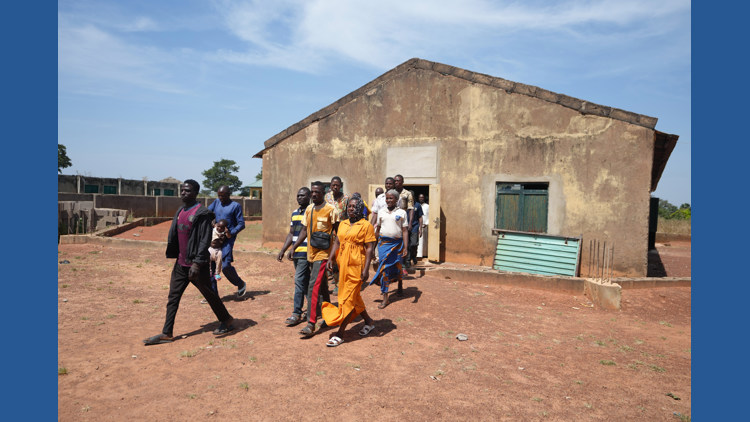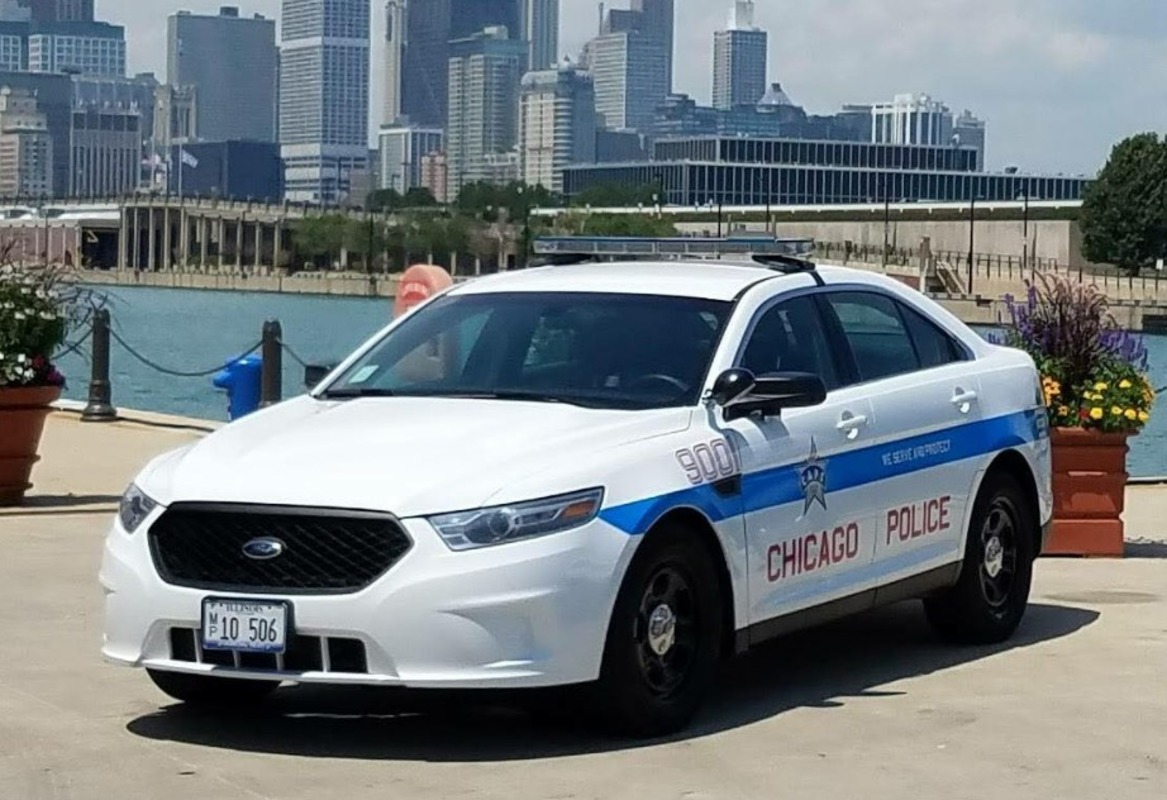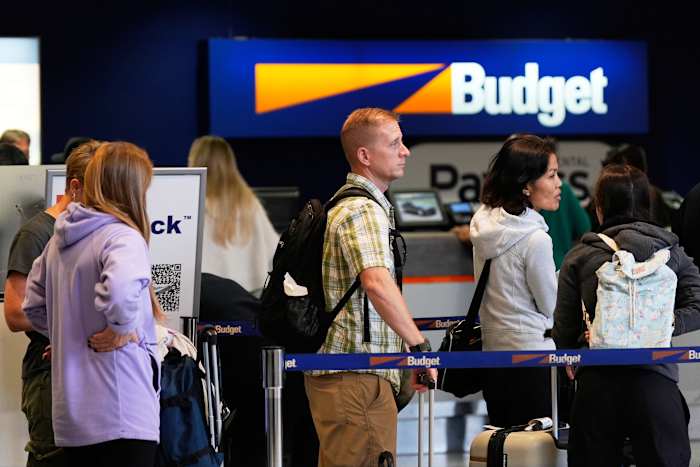UPDATE: The Trump administration is ramping up efforts to protect Nigeria’s Christians following alarming violence, with officials signaling a comprehensive strategy beyond military threats. Just announced, the U.S. aims to collaborate closely with the Nigerian government to counteract ongoing attacks by jihadist groups like Boko Haram.
In a recent statement, a State Department official confirmed plans that incorporate military readiness, alongside diplomatic measures and intelligence sharing. This comes after President Trump warned earlier this month that the U.S. could intervene “guns-a-blazing” if Nigeria fails to curb violence against Christians.
The urgency of the situation has escalated as reports show increasing attacks on schools and churches, affecting both Christians and Muslims. Defense Secretary Pete Hegseth met with Nigeria’s national security adviser, Mallam Nuhu Ribadu, to discuss vital strategies to combat the escalating violence. Hegseth emphasized the Pentagon’s commitment to work with Nigeria in an effort to “end the persecution of Christians by jihadist terrorists.”
The U.S. military’s potential involvement is complicated by the need for resources, as American forces would need to be redeployed from other global locations amid a shrinking footprint in Africa. Recent discussions within the National Security Council have highlighted the need for a multi-faceted approach, including possible sanctions against Nigerian officials for failing to protect religious freedoms.
At a congressional hearing, Jonathan Pratt, head of the State Department’s Bureau of African Affairs, revealed that Trump’s designation of Nigeria as a “country of particular concern” regarding religious freedom could lead to significant sanctions. “We want to look at all of these tools and have a comprehensive strategy to get the best result possible,” Pratt stated.
The violence in Nigeria is not confined to one group or religion. Militants from Boko Haram have targeted both Christian and Muslim communities, while conflicts between Muslim herders and Christian farmers over resources have further complicated the crisis. Armed banditry has also surged, with recent incidents highlighting the dangers facing students in schools across the region.
Just last week, multiple abductions occurred, including students from a Catholic school and others from a predominantly Muslim area. In a separate incident, gunmen killed two worshippers at a church. The rash of violence has drawn international attention, with artists like Nicki Minaj advocating for religious freedom at a U.N. event.
As the situation worsens, experts warn against a unilateral U.S. military intervention. Security analyst Malik Samuel cautioned that deploying troops without understanding the complex local dynamics could pose significant risks. He highlighted the potential for miscalculations that could lead to civilian casualties, further complicating the already volatile situation.
While the Nigerian government has expressed its desire for assistance in combating armed groups, it has firmly rejected any notion of unilateral military action by the U.S. The need for cooperation is clear, as Nigeria grapples with an ongoing insurgency that spans borders, creating a humanitarian crisis that affects millions.
Looking ahead, U.S. officials emphasize the importance of a collaborative approach. Addressing the crisis requires not just military action but also economic and interfaith partnerships, alongside enhanced policing efforts. “Nigeria’s struggles with insecurity are decades in the making,” said Judd Devermont, a senior adviser for the Africa program at the Center for Strategic and International Studies.
The situation remains fluid, and as violence escalates, the world watches closely. The urgency for action is clear, and the implications of U.S. involvement will be pivotal in shaping Nigeria’s future and the safety of its citizens.







